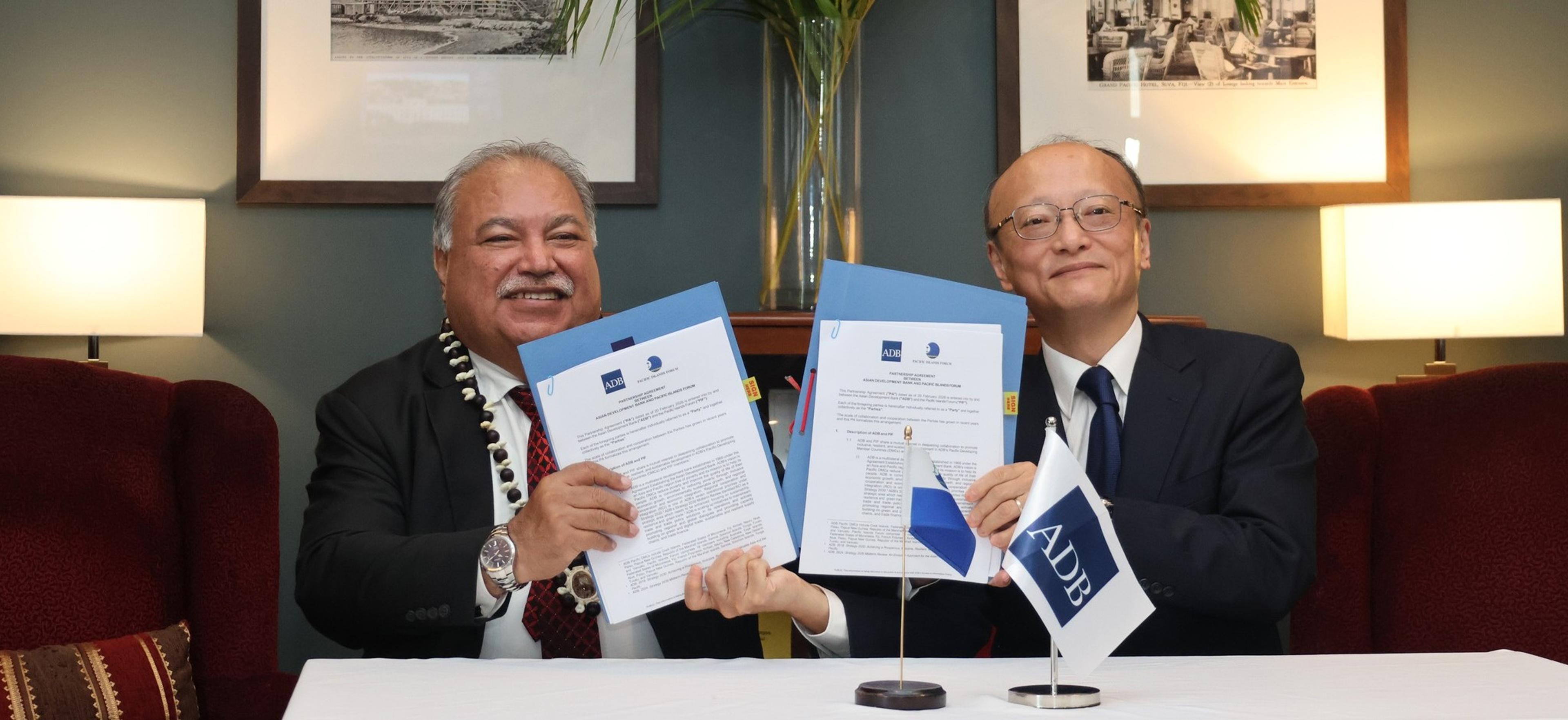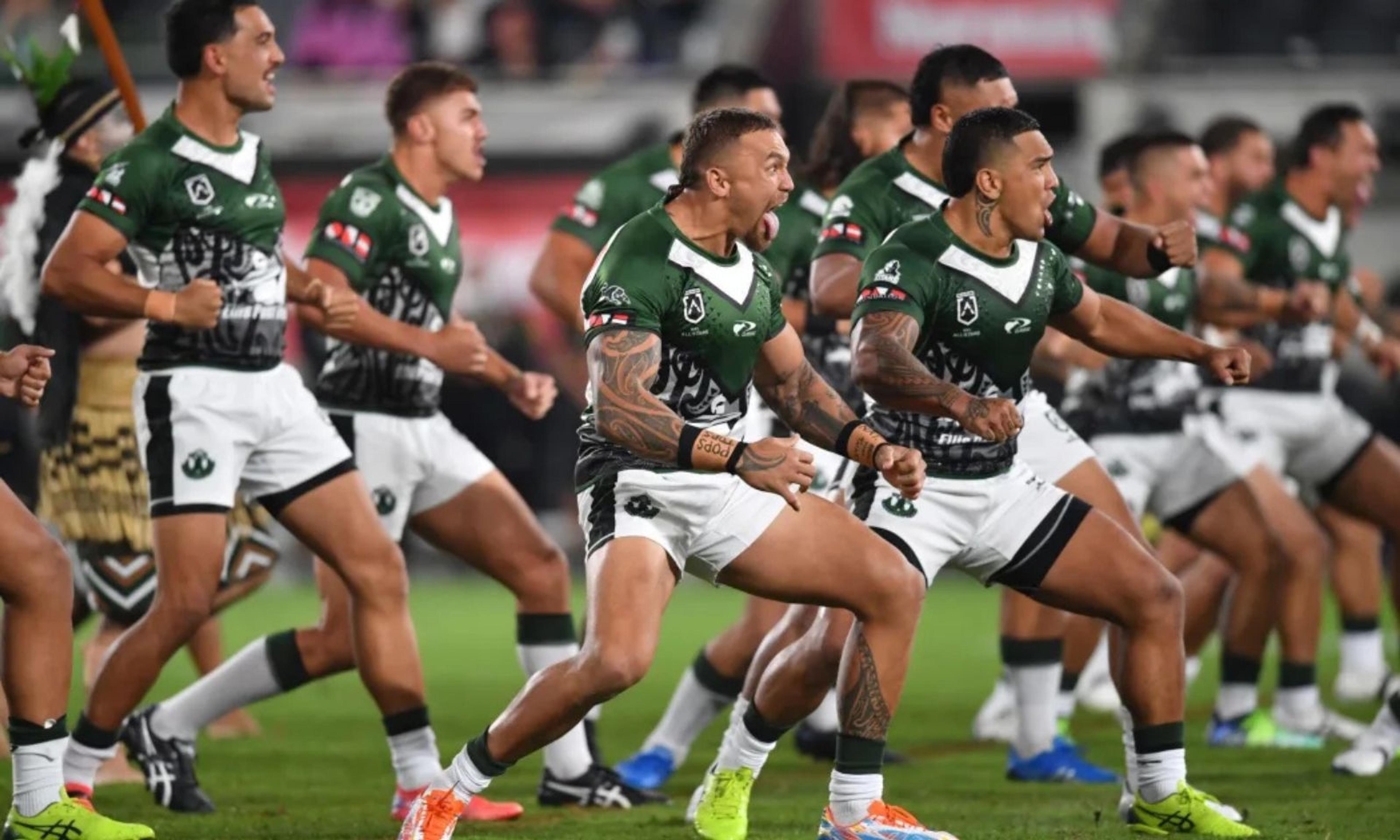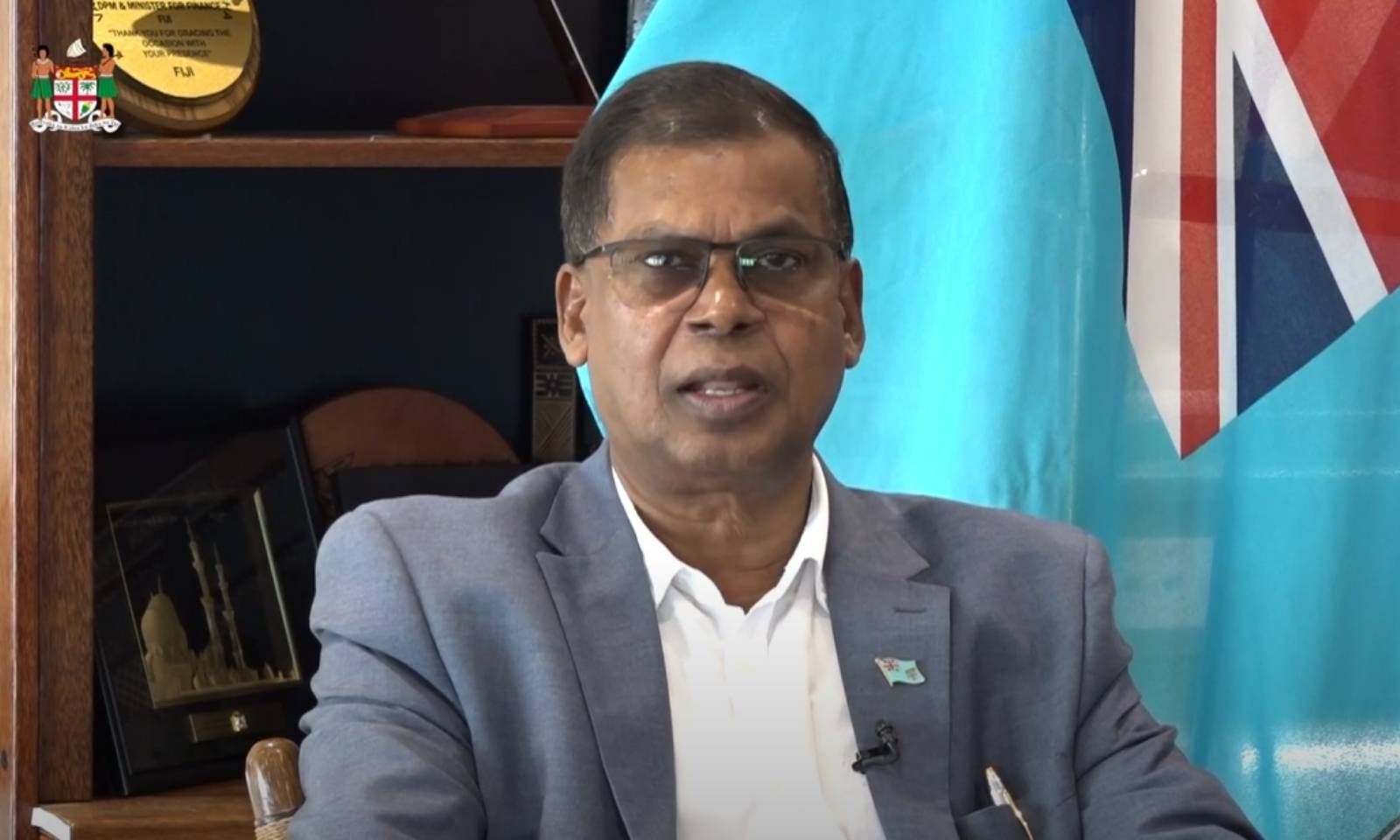

About 300 Pacific delegates attended COP29 in Azerbaijan.
Photo /SPREP.
Australia-Pacific bid to host COP31 in limbo
Some experts have labelled COP29’s financial aid target as underweight, and hopes of the Pacific region hosting COP31 have been put on hold.


Asian Development Bank expands Pacific footprint with Suva hub and new PIF agreement

Time for an Indigenous State of Origin? The All Stars game shows who really powers the NRL



Asian Development Bank expands Pacific footprint with Suva hub and new PIF agreement

Time for an Indigenous State of Origin? The All Stars game shows who really powers the NRL

Disappointment continues to rise as the decision on the host country for COP31 has been postponed, following the lacklustre outcomes of COP29.
During this year's talks in Azerbaijan, Australia and Pacific island nations hoped to secure the bid. However, Turkey's ongoing interest in hosting has delayed the final decision until June of next year.
At last week’s climate conference in Baku, Pacific leaders supported Australia's bid, with some calling it the "Pacific COP", before the postponement.
Concerns were raised regarding Australia's climate policies, particularly as the country is one of the world's largest coal exporters.
Fiji's Deputy Prime Minister, Biman Prasad, who led his nation’s delegation at COP29, said that supporting Australia's bid was not hypocritical but an expression of solidarity.
During the Baku summit, Tuvalu's Prime Minister, Feleti Teo, pushed for the New Collective Quantified Goal (NCQG) to exceed the previous target of US$100 billion (NZ$172b) a year.
Ultimately, countries agreed to an annual finance target of US$300b (NZ$514b) to assist countries in addressing the impacts of climate change.
While this represents a 200 per cent increase in financing, it falls short of the US$1.3 trillion (NZ$2.23t) many vulnerable countries have advocated for.

Fiji’s Deputy Prime Minister Biman Prasad. Photo /YouTube/FijiGovernment.
Frontline countries need trillions
Speaking to Fala Haulagi on PMN Tuvalu, Dr Olivia Yates, Advocacy Adviser at World Vision New Zealand, emphasised the urgent need for increased funding.
She criticised New Zealand's climate finance commitment of $1.3b for 2022-2025 by the Ministry of Foreign Affairs and Trade.
"What we've been hoping for is a new climate finance goal that is in the trillions," she said.
"The needs of frontline countries like Tuvalu are not just billions but over US$1.3 trillion. Yet, wealthy countries have been hesitant to deliver on that."
Watch Dr Olivia Yates' full interview via PMN Tuvalu's FB below:
'Climate finance is not aid'
Tagaloa Cooper Halo, Climate Change Director at the Secretariat of the Pacific Regional Environment Programme (SPREP), stressed that "climate finance is not aid”.
Speaking to Faama Viliamu on PMN Niue, Halo explained that this funding represents money owed to vulnerable nations to help them face climate challenges.
"We did not create the problem. We are paying for the problem," Halo said.
"And so the climate finance that is required by the Pacific, by small island states, by the developing world, by the global South is money that is owed to them."
Halo underscored the importance of Pacific nations being present at negotiations, particularly in advocating for vulnerable countries.
"You're easier to forget if you're not at the table.
"The Pacific countries have to keep telling their stories, have to keep putting their case because we're amongst the most vulnerable in the world."
SPREP plays a crucial role in coordinating and supporting the 14 Pacific countries that are parties to the UN Framework Convention on Climate Change.
At COP29, they facilitated the Moana Blue Pacific Pavilion to amplify Pacific voices, attracting over 20,000 visitors.
Halo outlined their key priorities at COP29, with the primary focus on limiting global warming to 1.5°C.
"Everything in Pasifika is anchored on that; we need that kind of ambition," she said.
Another priority included recognising the unique circumstances faced by Small Developing States (SIDS) in relation to climate change.
Watch Tagaloa Cooper Halo's full interview via PMN Niue's FB.